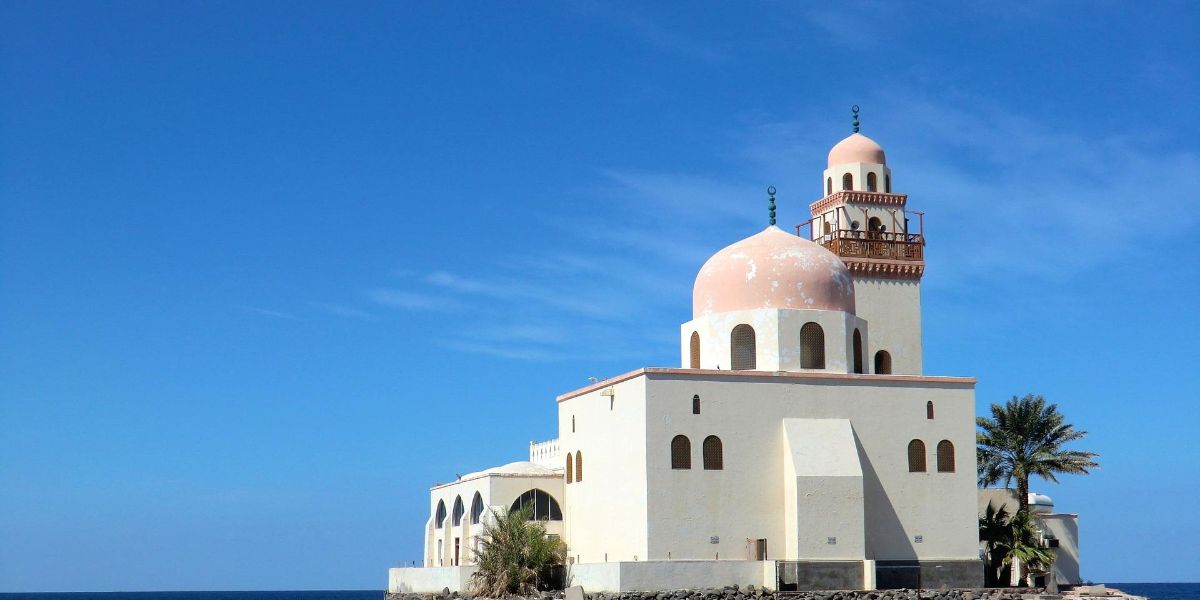The Minister of Finance and Economic Affairs announced fiscal plan for 2018 to 2020 to reduce the standard VAT rate from 24% to 22.5%. This plan will be effective from 1st 2019.
Related Posts

Bosnia and Herzegovina, Iceland hold negotiations for income tax treaty
Bosnia and Herzegovina’s Ministry of Foreign Affairs announced that officials from Bosnia and Herzegovina and Iceland held talks on 18 February 2026 to review bilateral relations. The meeting marked the start of preparations for negotiating an
Read More
Saudi Arabia, Iceland income tax treaty enters into force
The income tax treaty between Iceland and Saudi Arabia entered into force from 1 January 2025. Signed on 4 December 2024, the agreement aims to prevent double taxation and is expected to encourage trade and investment by addressing tax
Read More
OECD publishes transfer pricing profiles for eight countries
The OECD has published the revised transfer pricing country profiles, including profiles for Bosnia and Herzegovina, Brazil, Costa Rica, Croatia, Greece, Iceland, Korea (Rep.), and Norway on 22 January 2026. These profiles focus on countries'
Read More
Iceland: Revenue and Customs announces 2025 CbC report submission deadline
Iceland’s tax authority, the Revenue and Customs, has published a notification regarding the annual filing of the Country-by-Country (CbC) report on 25 November 2025. Pursuant to Act no. 90/2003 on income tax, entities subject to
Read More
Iceland: Revenue and Customs announce corporate tax, VAT rates for 2026
Iceland’s tax authority, the Revenue and Customs, has released the key rates and amounts for 2026, detailing changes to corporate tax, VAT, and personal income tax. The rate changes are as follows: Corporate tax rate changes Income
Read More
Iceland, New Zealand sign income tax treaty
This is the first income tax treaty between Iceland and New Zealand. Iceland and New Zealand signed an income tax treaty on 22 October 2025. This development follows after New Zealand’s Ministry of Foreign Affairs and Trade announced that
Read More









